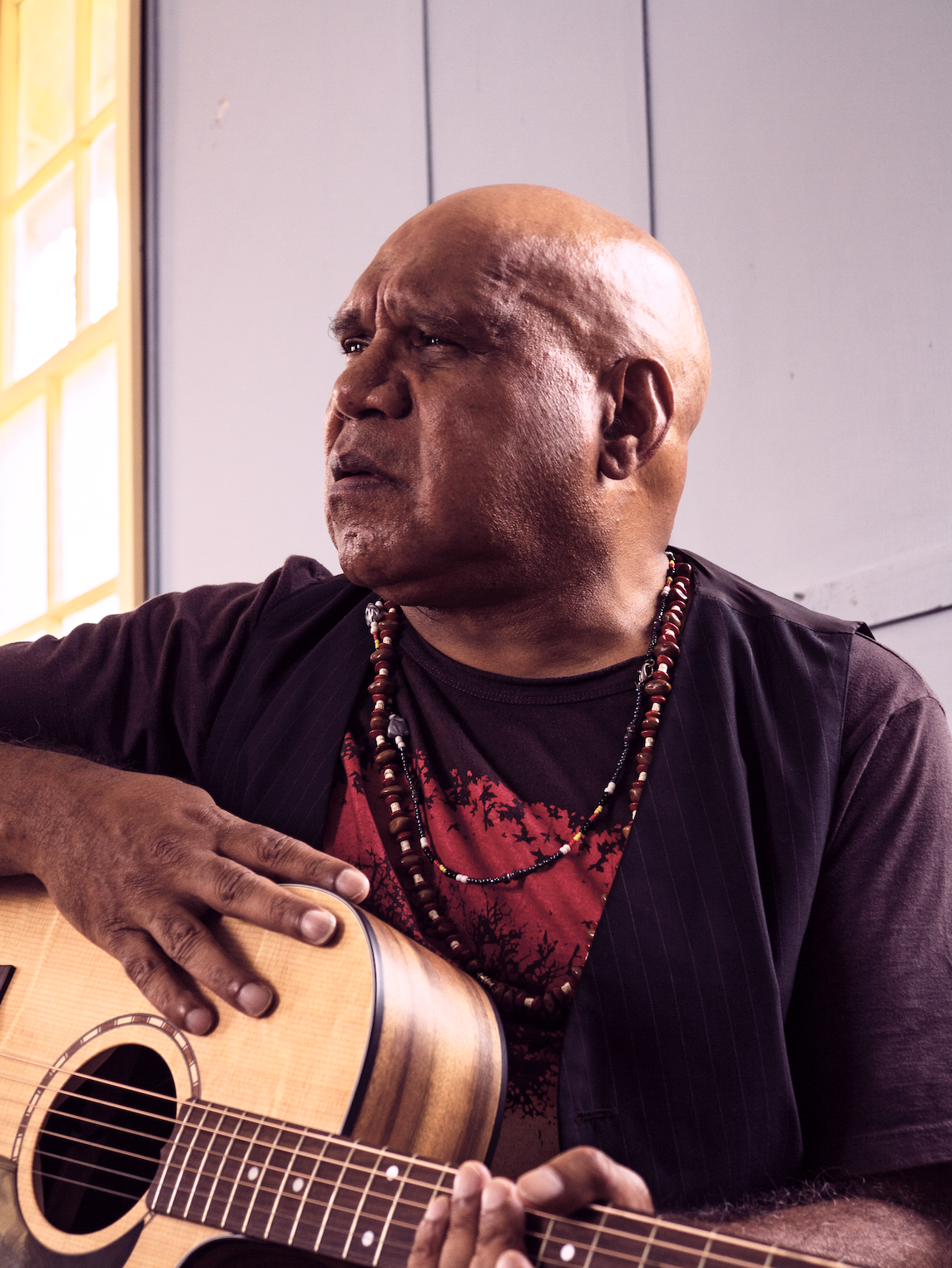TELL ME WHY
Archie Roach and a book from a broken past
Archie Roach’s memoir has sat on my bookshelf for a good while. I was wary about taking it on, steeling myself for heartbreaking tales about institutionalised racism and the prolonged devastation of colonialism. I wanted to be mentally ready. One day I picked it up and read the first page standing up… and was hooked like a fat Murray Cod.
Archie Roach is a gifted storyteller. He speaks from the heart and uses simple, unadorned language. His first song, Took the Children Away, describes being forcefully removed from his family, culture and home life. It begins: “This story’s right, this story’s true, I would not tell lies to you.” It was the first time many Australians had heard about the Stolen Generation, and it remains a powerful indigenous protest song.
Eight albums have followed 1991’s Charcoal Lane and Archie Roach has found sustained acclaim as a songwriter and performer. Now in his mid-sixties, Roach reflects on his extraordinary life journey, in a book and album of the same name. It is heartbreaking in parts – how could it not be – but it is also inspiring and uplifting. Tell Me Why sits with you long after reading – it builds empathy and fills knowledge gaps, but it is so much more than a worthy book.

It begins with a vividly recalled scene. Young Archie is in school when he is summoned to the head office to receive a mysterious letter. The letter is from an unknown sister named Myrtle and it turns his world upside down. In five short sentences Archie learns his mum’s name is Nellie Austin and that she’d passed away a week earlier. He then learns the names and existence of five more brothers and sisters. The letter concludes: “Your dad already passed away and his name was Archie too. I thought it was time to get in touch with you.”
At the age of 15 Archie leaves his adopted Scottish parents’ home and sets out to find his remaining kin. The story of how he hitches to Sydney and learns to survive on the streets feels, at times, like the adventures of a stranger in a strange land. Archie finds community drinking in the parks with other blackfellas who share their grog and companionship. The booze takes a terrible toll – eventually killing many of Archie’s friends and relatives – but, for a while, it is a saviour.
“I look back now and see the darkness that would have touched every moment unless we numbed it with beer and port and sherry,” Archie writes. “We were part of an obliterated culture, just intact enough to know it exists, but so broken we didn’t think we could ever put it together again… There was death in our past and death in our future, but we craved a carefree and happy present, and booze offered us that.”
The back half of the book deals with Archie’s music career, his alcohol addiction, and his relationship with the love of his life, songwriter Ruby Hunter. The journey to recover from his broken past continues today as it does for many indigenous people. “Through songs. I have been able to deal with the pain and trauma in a more positive way,” Archie writes. “Every time I sing Took The Children Away I let a little bit of the hurt and trauma go. One day I will be singing it and it will all go… and I will be free.” – KIRK OWERS
